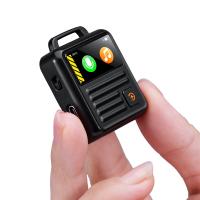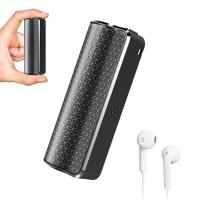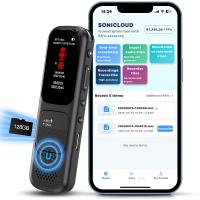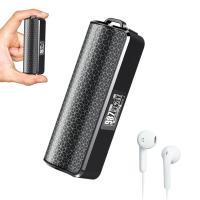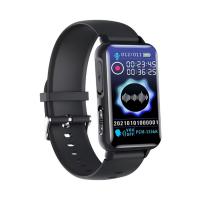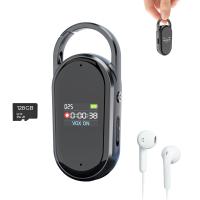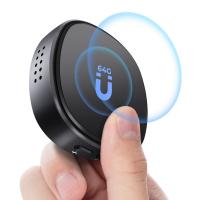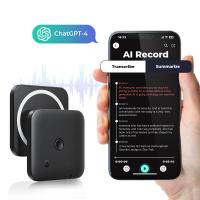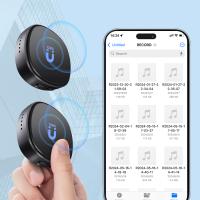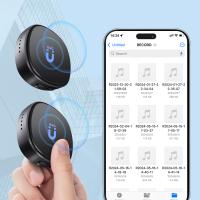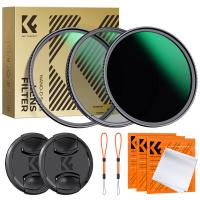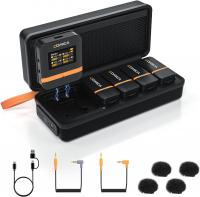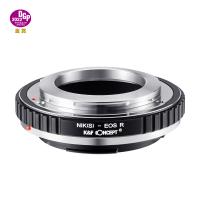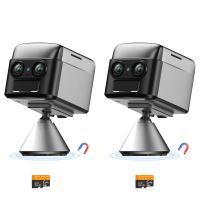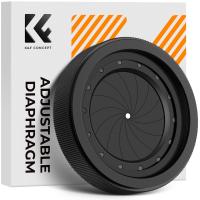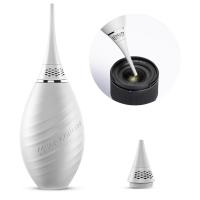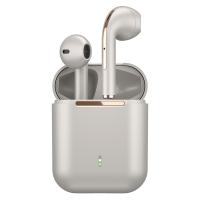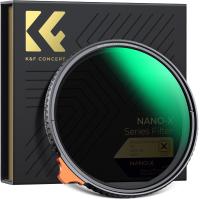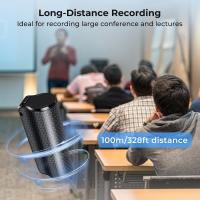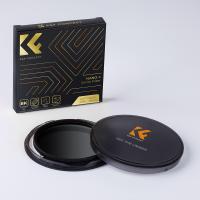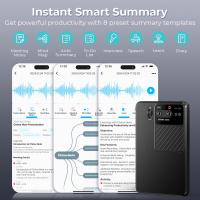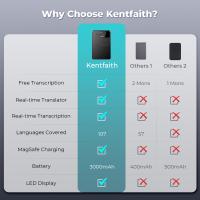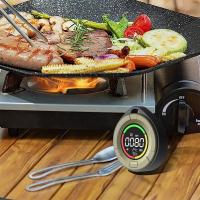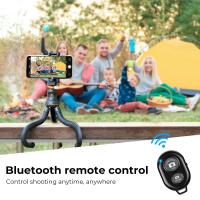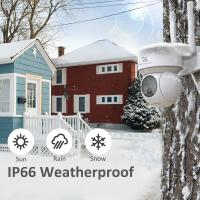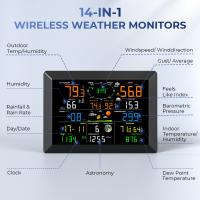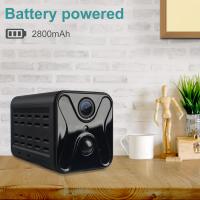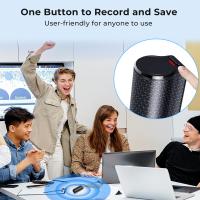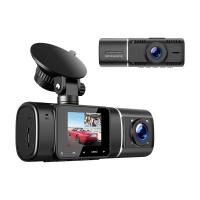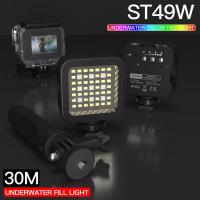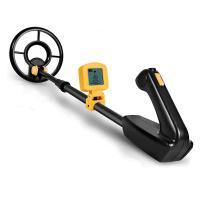What Is A Digital Voice Recorder?
In the modern age of technology, digital voice recorders have become indispensable tools for a variety of users, ranging from journalists and students to business professionals and creatives. By their very definition, a digital voice recorder is an electronic device that captures audio signals and converts them into a digital format for storage, playback, and further processing. But as simple as this concept may seem, the applications, features, and impact of digital voice recorders are far more complex and versatile. This article will delve into the functionality, benefits, and use cases of digital voice recorders, with practical advice on how to choose the right device for your specific needs.
What Is a Digital Voice Recorder?
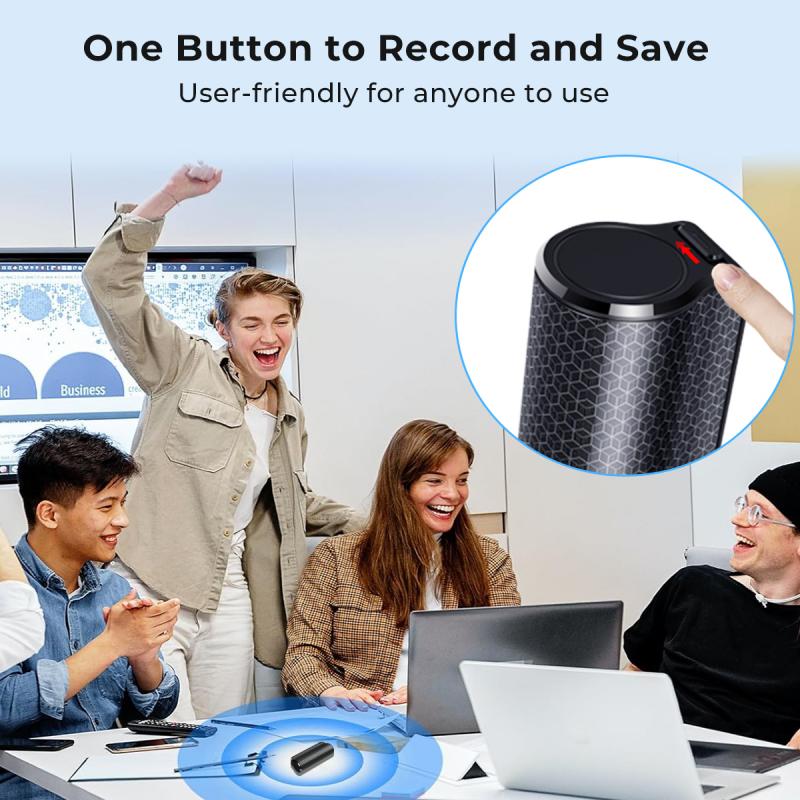
At its core, a digital voice recorder functions to capture audio using a microphone and then digitally stores the captured audio in file formats such as MP3, WAV, or AAC. Unlike analog tape recorders, which store audio on tapes, digital recorders use memory cards, built-in flash memory, or even cloud storage to save the audio data. This digital format offers improved sound quality, flexibility, and ease of use, making such recorders far superior to their analog predecessors.
The Features of a Digital Voice Recorder
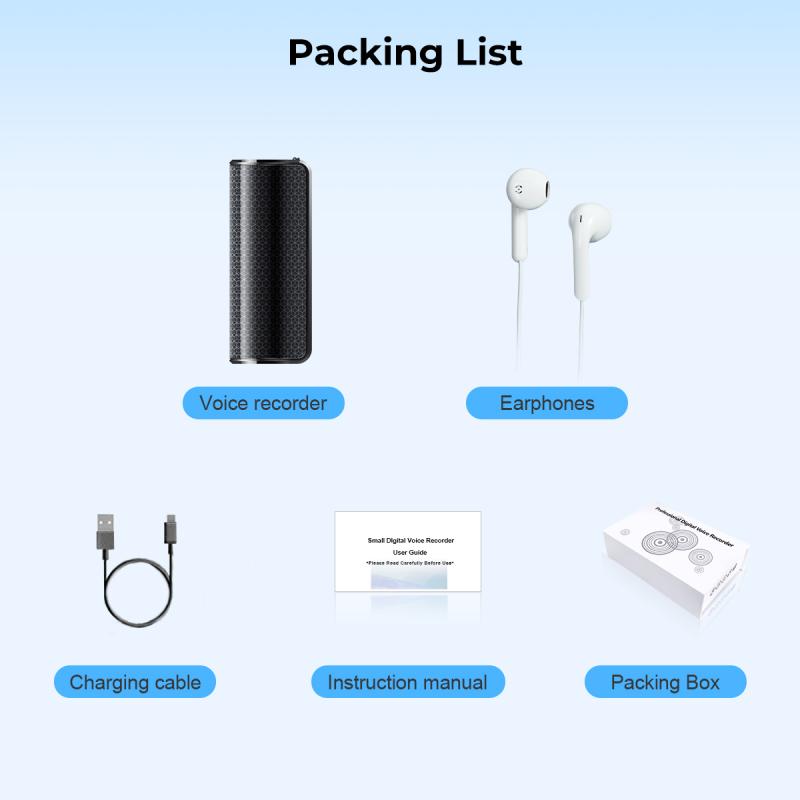
The utility of digital voice recorders lies in their features, which cater to a wide range of needs. Below are some of the key attributes that make these devices so valuable.
1. Superior Audio Quality
One of the main advantages of digital recorders over analog alternatives is the enhanced audio quality. Many modern recorders utilize high-sensitivity microphones, noise-cancellation technology, and advanced codecs to reduce ambient noise and produce crisp, clear recordings. This is especially important for individuals who need to capture conversations, lectures, or music.
2. Compact and Portable
Unlike bulky tape recorders of earlier decades, digital voice recorders are lightweight and compact, easily fitting into a pocket, backpack, or purse. Their portability makes them ideal for on-the-go use, whether you’re at a press conference, a classroom, or conducting an outdoor interview.
3. Long Battery Life
Many digital recorders boast long-lasting batteries, enabling several hours (if not days) of recording without the need for charging. Some devices use rechargeable batteries, while others rely on AA or AAA batteries, offering flexibility depending on the user’s preference.
4. Storage Capacity
With digital storage capabilities, users can save hundreds—or even thousands—of hours of audio depending on the device’s memory size. Storage is scalable as many recorders support expandable memory via SD cards.
5. File Management and Transfer
Digital voice recorders simplify file management. Users can easily transfer recordings to a computer or other devices for editing, sharing, and long-term storage. Some devices even offer automatic transcription or direct uploads to cloud storage, dramatically improving workflow efficiency.
6. Additional Features
Modern models often come equipped with features like voice activation (to start recording when sound is detected), different recording modes (mono, stereo, high-fidelity), playback options, and even built-in editing tools. Many also have displays or apps for easy navigation.
---
Use Cases of Digital Voice Recorders
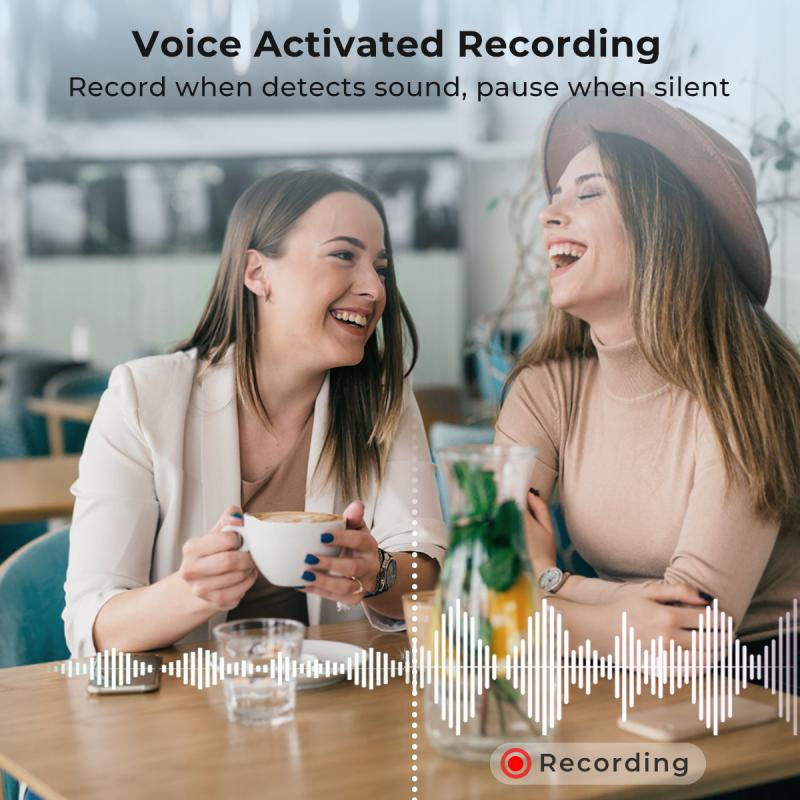
Digital voice recorders shine in their practicality and adaptability across various user groups. Here are some major examples of how people leverage these devices in their daily lives:
1. Journalism and Interviews
Journalists and media professionals are among the most common users of digital voice recorders. These devices allow reporters to capture interviews accurately, ensuring no details are overlooked. High-quality recordings also reduce transcription errors—a crucial need in a profession where every word matters.
2. Educational Settings
Students and educators employ digital recorders to capture lectures, seminars, or study group discussions. This enables learners to revisit complex topics and review materials at their own pace, making learning more effective.
3. Business and Meetings
In corporate environments, digital voice recorders are invaluable for recording meetings, brainstorming sessions, and conferences. By preserving these discussions for future use, businesses ensure key points and decisions are documented.
4. Content Creation
Audio content creators such as podcasters and YouTubers often rely on digital voice recorders for both primary recordings and supplementary audio. Their sound clarity is especially beneficial for narrations, interviews, and storytelling.
5. Legal and Medical Fields
In fields that demand precise documentation, such as law or medicine, professionals use voice recorders to dictate notes, capture consultations, or record court proceedings. Digital formats also make it easier to integrate recordings into case files or medical records.
6. Creative Professions
Musicians, authors, and other creative professionals utilize digital voice recorders to capture ideas, melodies, or outlines as they strike. These portable tools act as a creative companion, ensuring that no burst of inspiration goes to waste.
7. Personal Use
From making a grocery list on the go to chronicling personal thoughts and reflections, everyday users find digital voice recorders equally beneficial for personal productivity and record-keeping.
---
How to Choose the Right Digital Voice Recorder
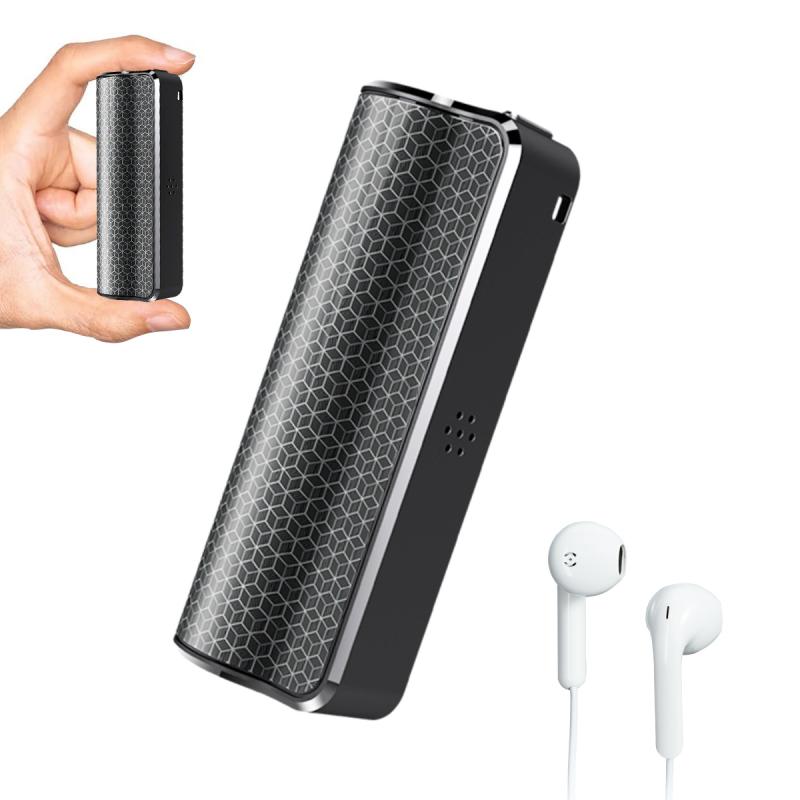
With so many options on the market, selecting the right digital voice recorder may be overwhelming. Here are some factors to consider before making a purchase:
1. Purpose
Begin by identifying why you need a digital voice recorder. Is it for professional use? Will you be capturing music or interviews? Knowing the primary purpose will help narrow down features and specifications.
2. Audio Quality
If sound clarity is critical (e.g., for musicians or journalists), choose a recorder with high-quality microphones, stereo recording capabilities, and noise-cancellation technology. Higher quality often translates to larger file sizes, so ensure sufficient storage space.
3. Battery Life
Opt for a model with a battery life that matches your usage. Travelers and reporters may prefer longer battery durations, especially if charging ports will not always be accessible.
4. Storage
Consider the internal storage capacity of the device and whether it supports expandable storage. High-capacity storage is essential for users planning to record for hours on end without offloading files.
5. Portability
Compact and lightweight models are perfect for individuals who need to carry the device frequently. However, smaller devices may have fewer features or smaller displays.
6. Price
Digital voice recorders come in a broad price range to suit different budgets. While affordable models often fulfill basic recording needs, premium options may include additional benefits such as Wi-Fi connectivity or advanced editing tools.
7. Extra Features
Depending on your workflow, you may want features like voice activation, direct PC connectivity, or audio transcription capabilities. Some premium models integrate seamlessly with software for professional-grade editing.
---
Tips for Maximizing Your Digital Voice Recorder
Once you have invested in a digital voice recorder, adopting best practices can help you get the most out of it:
- Choose the Right Recording Mode: Use high-quality recording settings for detailed audio or downgrade to save memory when clarity isn’t as critical.
- Position the Recorder Correctly: Place the device close to the sound source and reduce background noises for optimal results.
- Back Up Files Regularly: Transfer recordings to a computer or cloud storage to prevent loss of valuable data in case of device failure.
- Label Recordings Effectively: Use clear and descriptive file names or timestamps to organize recordings for easy retrieval.
- Keep the Device Updated: Check for firmware updates from the manufacturer to ensure compatibility and fix any bugs.
---
Digital voice recorders bridge the gap between convenience and efficiency, offering a powerful tool for people across various professions and personal needs. Whether you’re a journalist aiming for accuracy, a student striving to improve understanding, or a content creator seeking high-quality audio, these devices can significantly enhance productivity and creativity. By understanding the features and applications of digital voice recorders, you can select the right one to suit your particular requirements and incorporate it into your daily routine with ease.
Ultimately, in an increasingly fast-paced digital world, the ability to record, store, and retrieve audio seamlessly is a capability that adds immense value in both personal and professional endeavors. With the right device in hand, the potential is endless.

